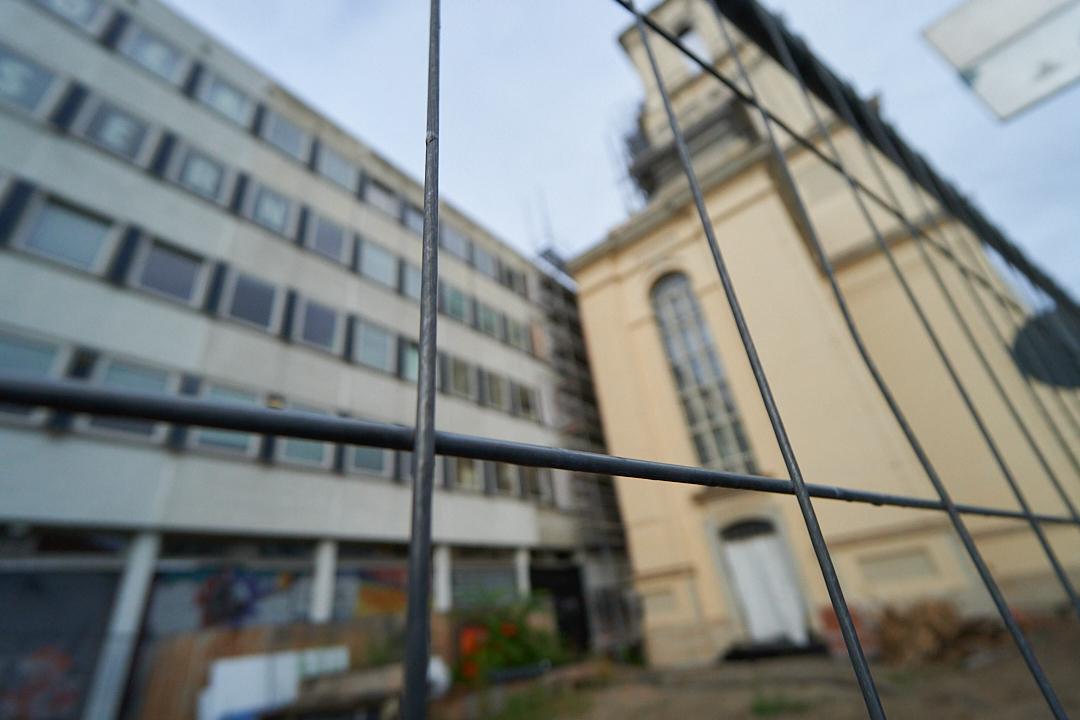
To day (Friday, 06.10.2023) we had a workshop regarding conscientious objection. In addition we visited Potsdam and had a look on the „Denkmal für den unbekannten Deserteur“ and the Lernort Garnisonskirche.
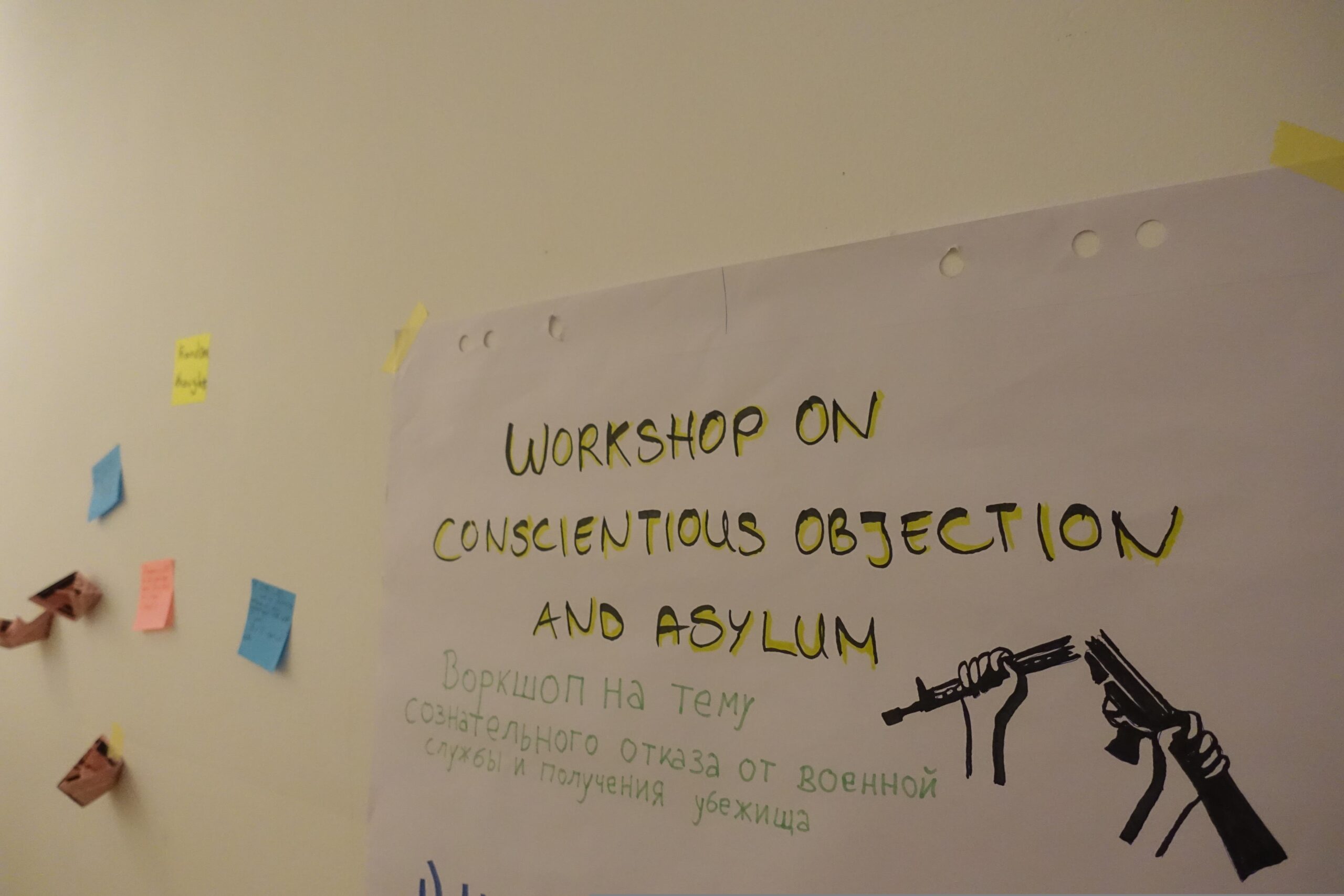
Workshop Conscientious objection
After breakfast we had a workshop regarding conscientious objection. In the beginning, the referent, Marah, defined various terms and how to differentiate them. For example „war resister“ as a general term whereas „conscientious objection“ as a more narrow term. We also talked about deserters as well as draft evaders.
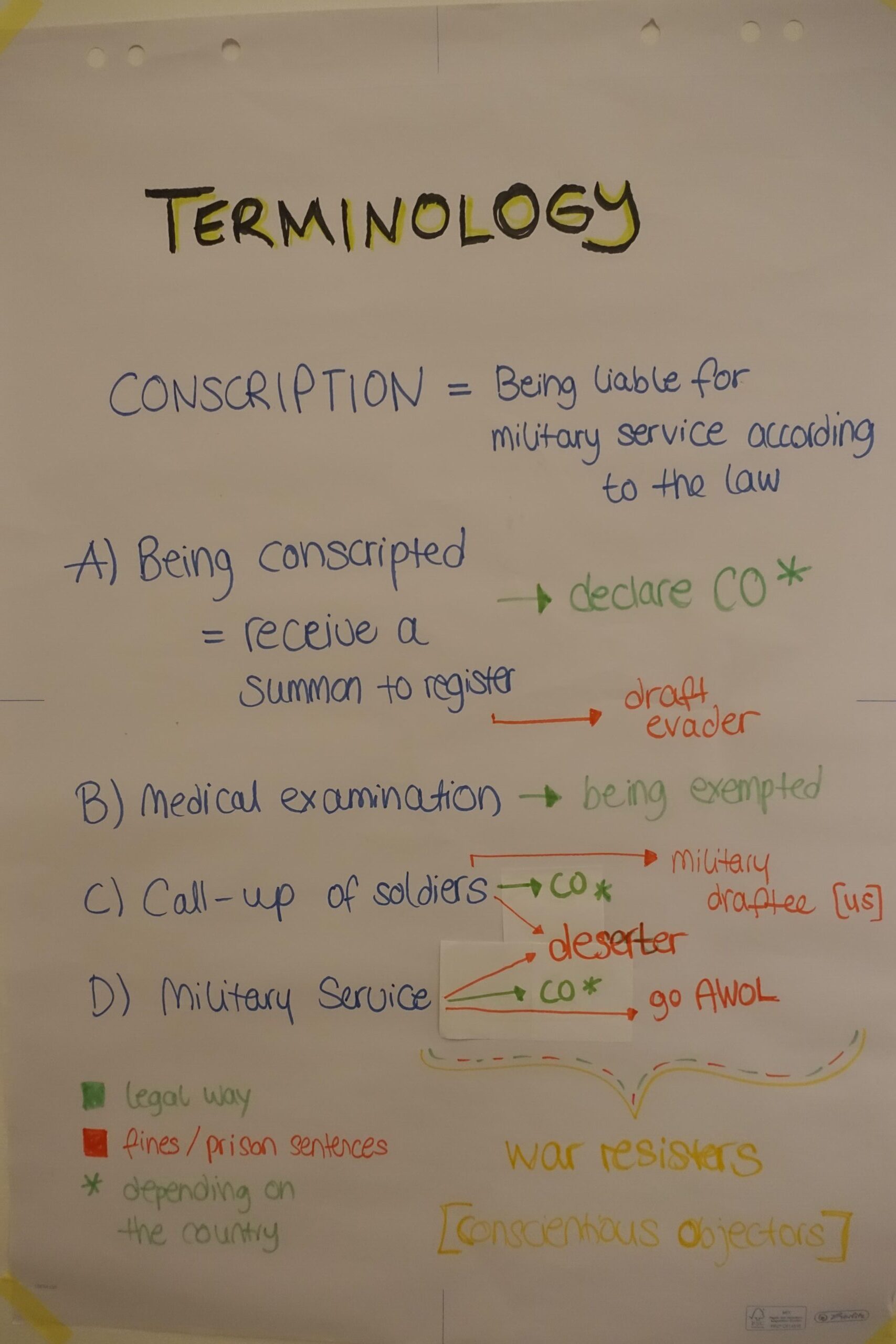
After a short break we splitted up in groups and discussed the acute situations for Belarus, Ukraine and Russia. Mainly because a lot of participants can share their insights, thoughts and knowledge. And also because Marah is currently working for the „object war“ campaign which focuses on those three states and which supports conscientious objectors.
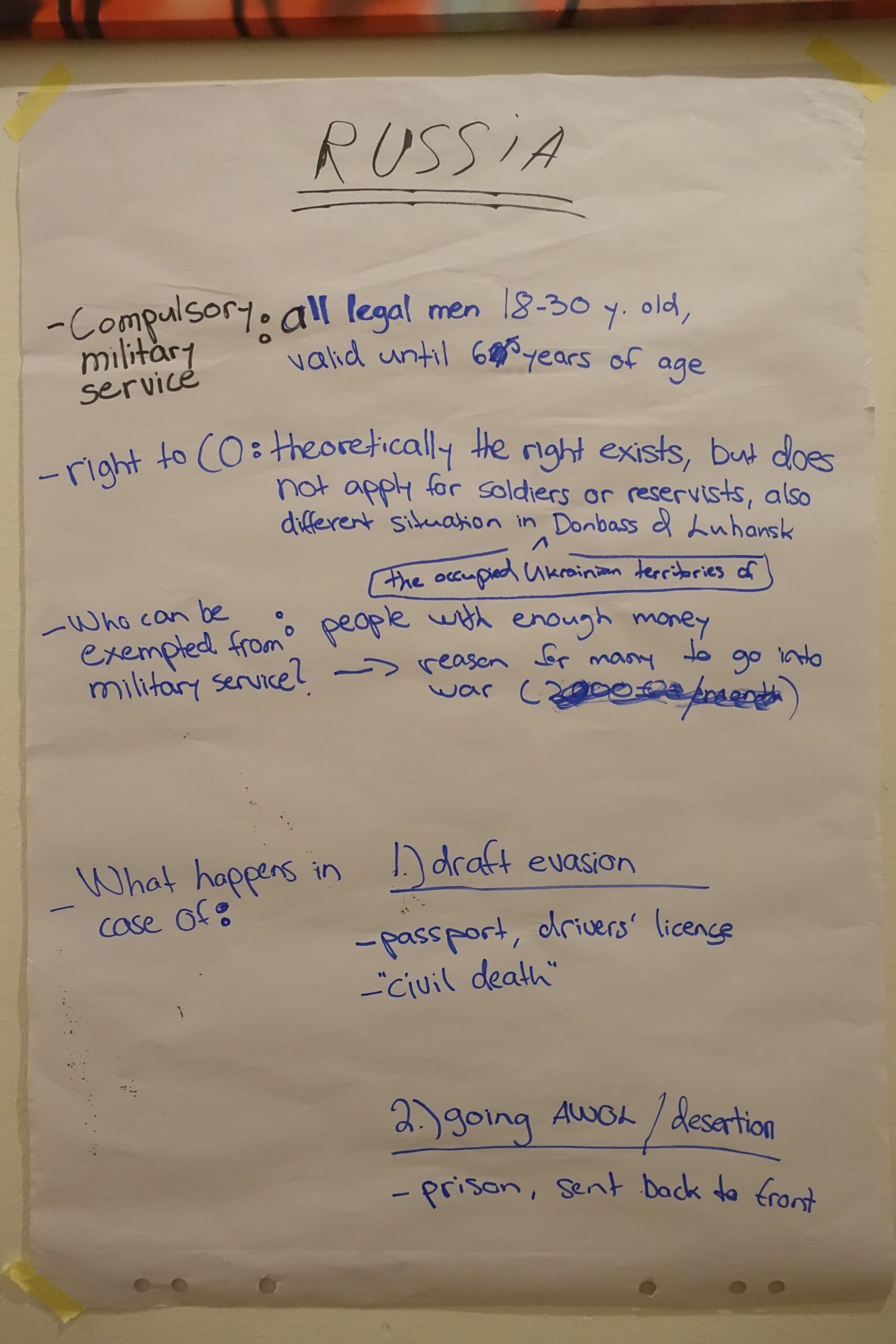
For the group task we had the opportunity to focus on a few questions for orientation, so we can directly compare the situation in the three states. Also Marah offered a document with a summary for each state as well as a collection of links with ressources, that she prepared that we could use as an orientation.
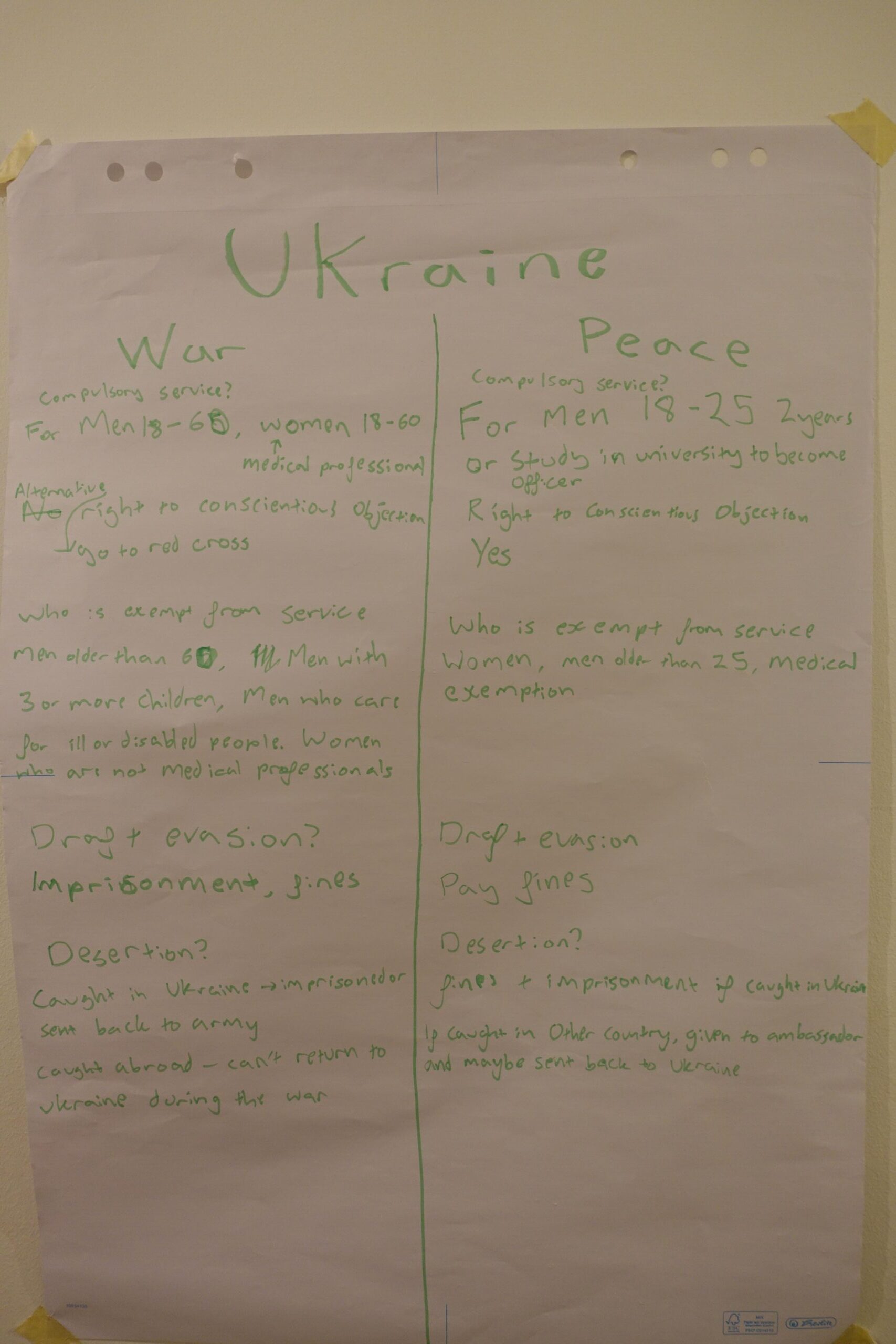
Comparing the conditions in the three states was really interesting and let to a very engaged discussion, which I personally found really interesting and I thought it was really nice to see people talking to each other and seeing a discussion form.
Deserteure und Militarismus im Disneyland Potsdam
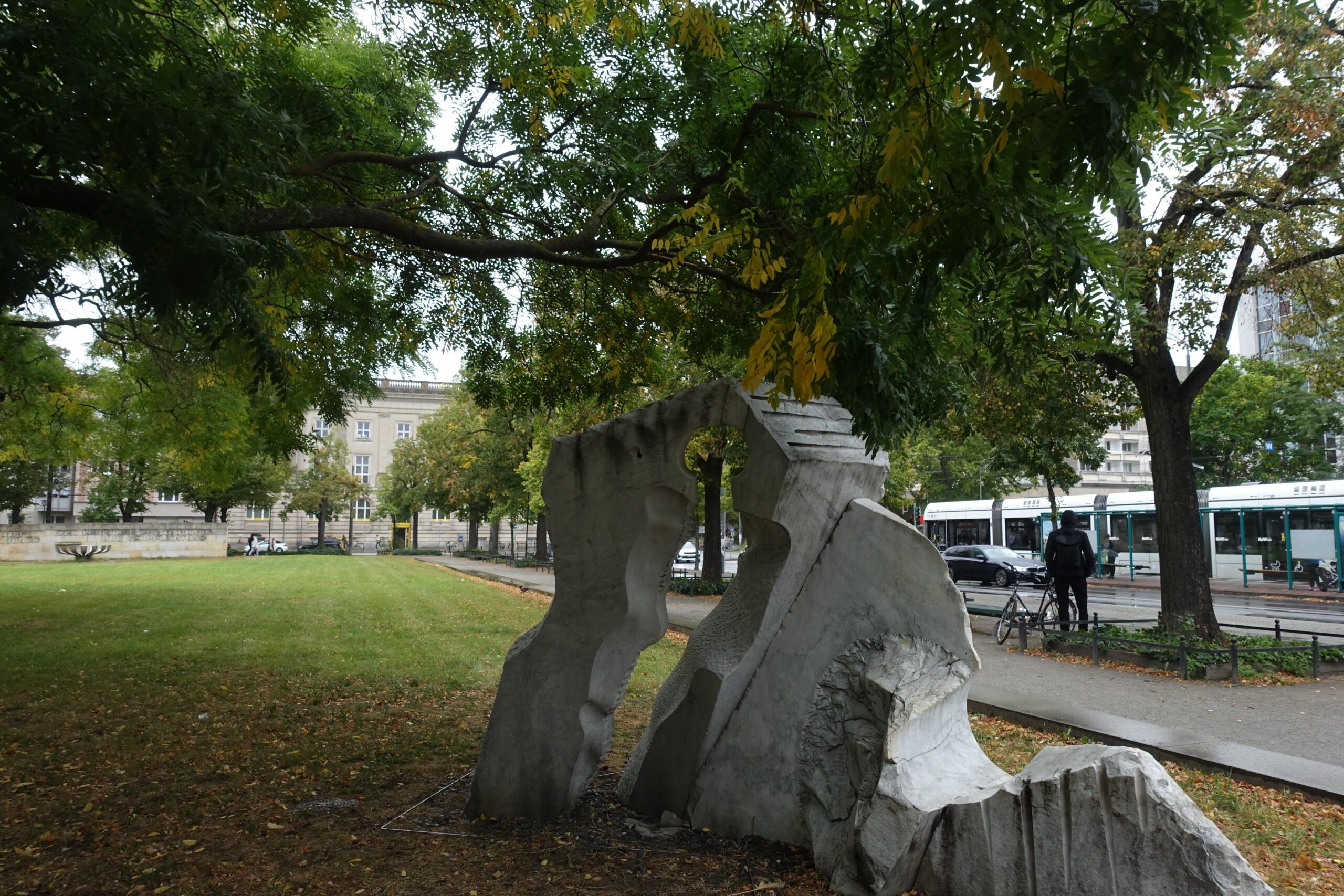
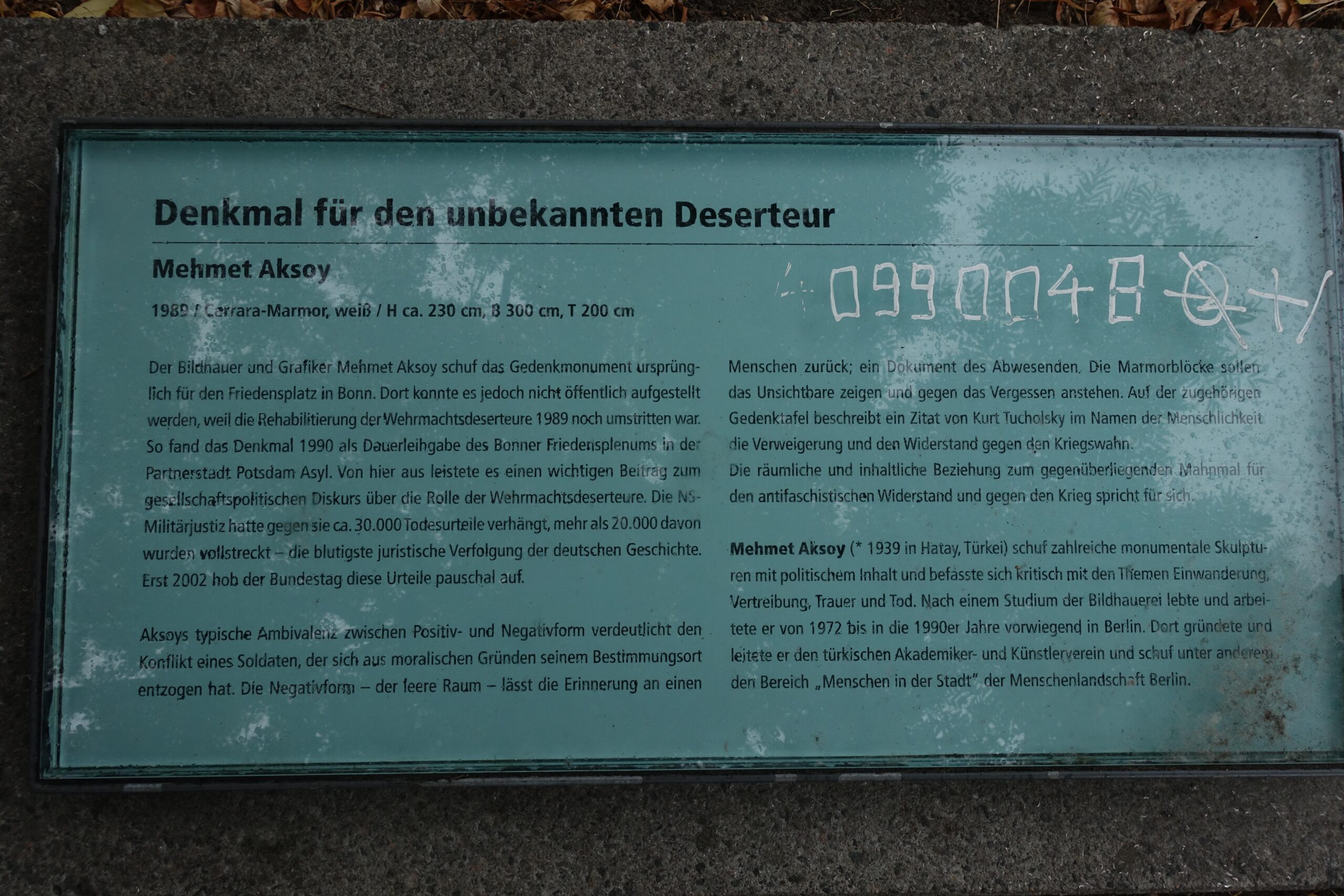
After the lunch break we took the train to Potsdam and met a guide who lives in the city. He showed us the Garnison church and stressed how it is still a symbol for many right wing extremists and groups.

He also showed us original Bells of the church, which are hanging in front of the church, that have problematic inscriptions ( and nazi ideology on them) and are still hanging there despite that. He explained very well how divided the city is, which especially manifests in the discussion whether this Garnison church should be rebuild (in its original form or not).
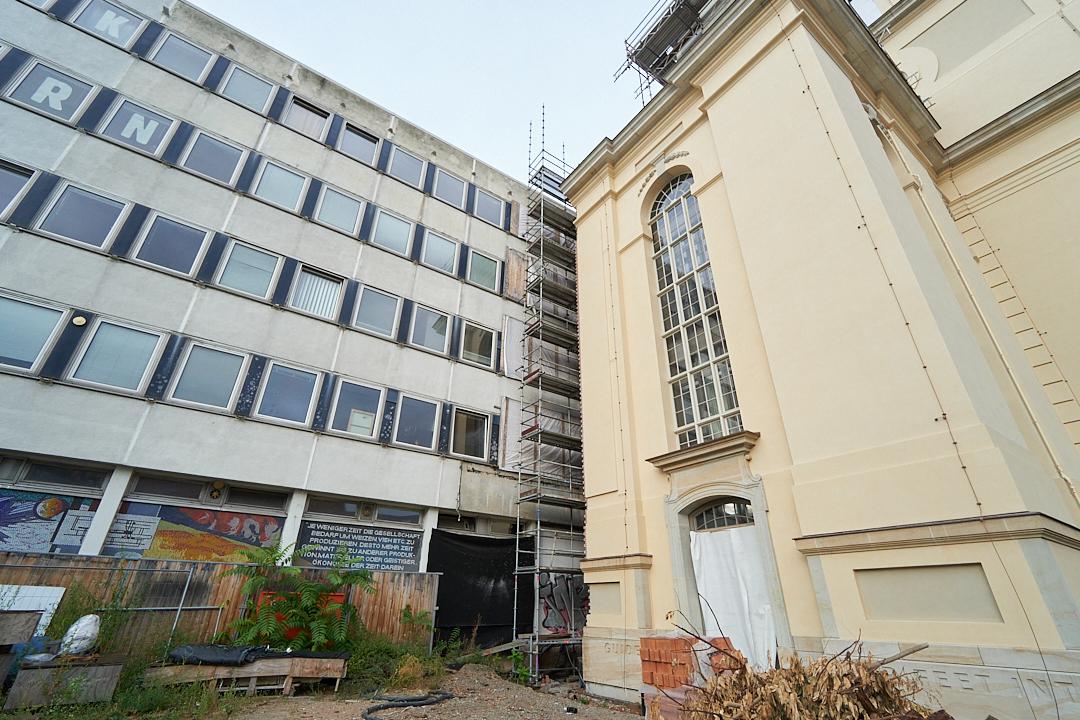
We also visited a culture centre which is next to the church in a former computer centre. For me it felt like a lot of participants were really impressed about a place like this. There is a room where you can share stuff like clothing, books and basically everything. In there is also a small exhibition about the church, the computercentre (RZ) and its history; because the RZ is threatened to be demolished because of possible rebuilding plans for the church.
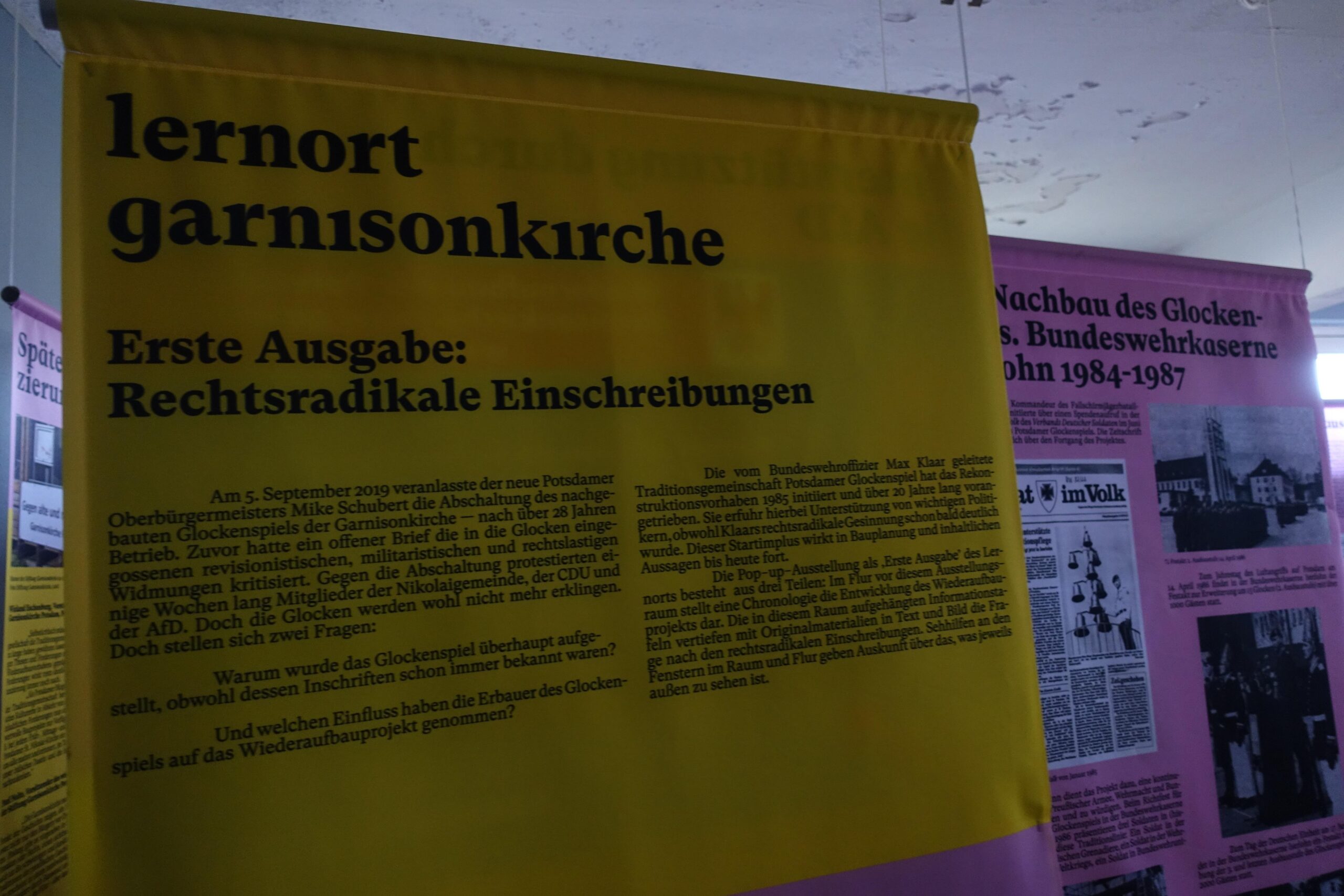
We also went to a „remembrance and reconciliation site“ which the guide and most of the group found really strange and mocked, because: how can this church and german society build a reconciliation center whitout even asking people, harmed by the nazi regime, for their opinion and thoughts?
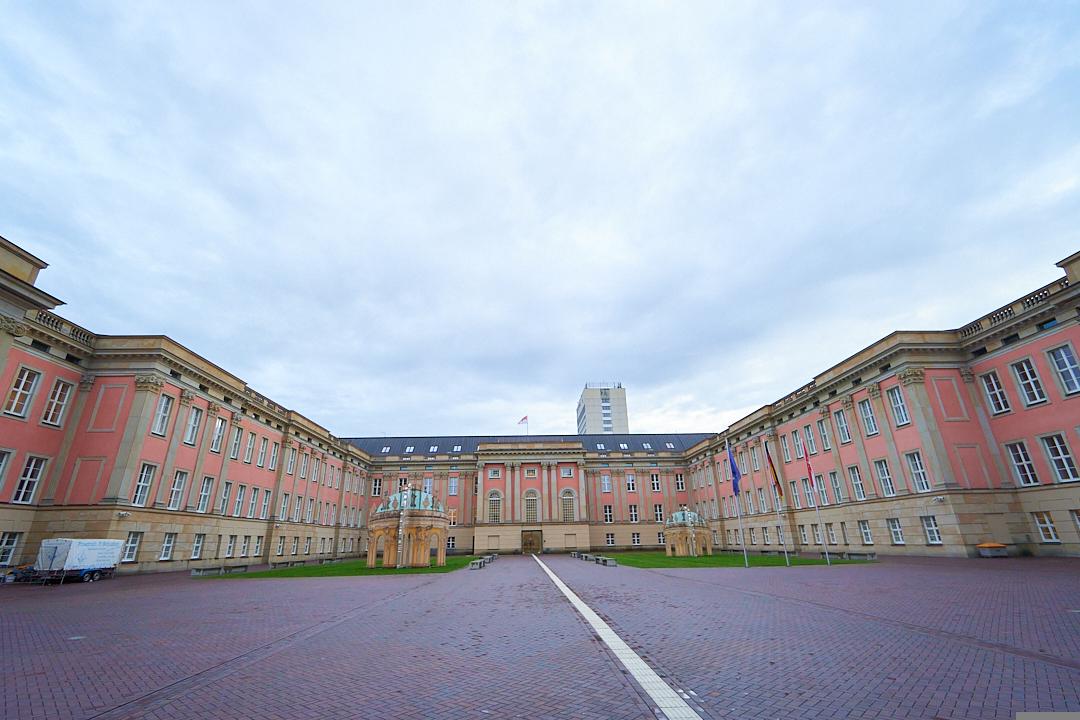
It all seems to be really cynical and confusing. Additionally, Jan beforehand told us about how Potsdam for him seems like „Prussian Disneyland“ and for me this description perfectly fit the impression I had on Potsdam.
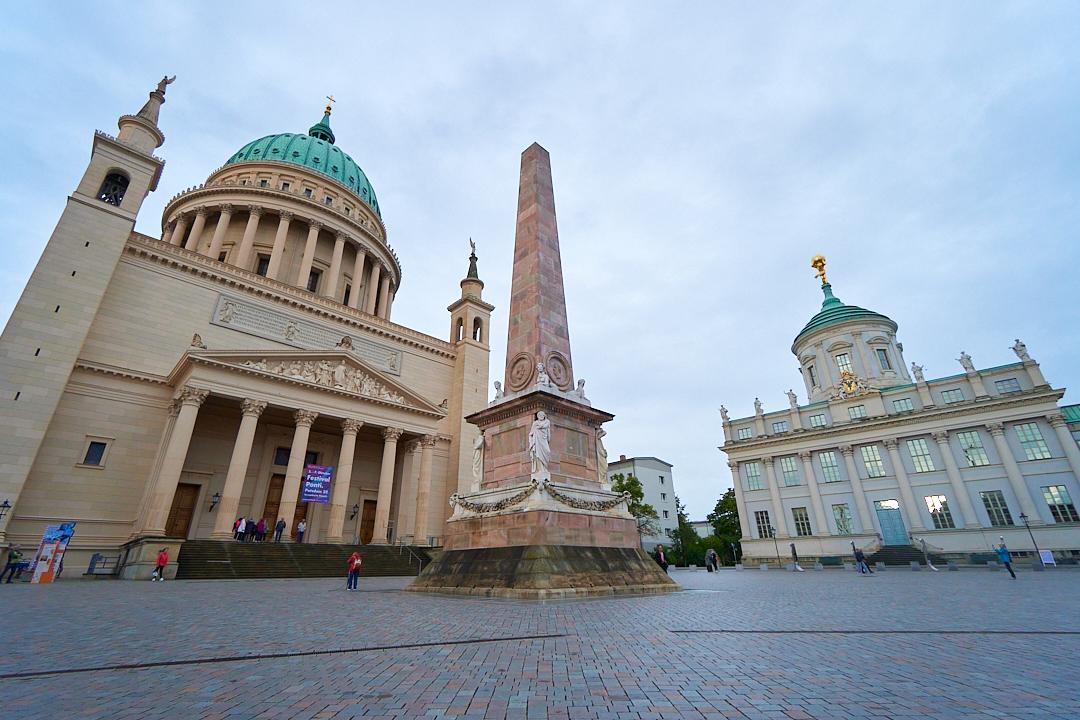
I was really weirded out by all the straight lines, new buildings and completely cement covered city with barely any green, meadows or trees. To me it seemed really sterile, surreal and staged and it was hard to imagine that actual people live there, so I think „Prussian Disneyland“ is, unfortunately, very accurate.
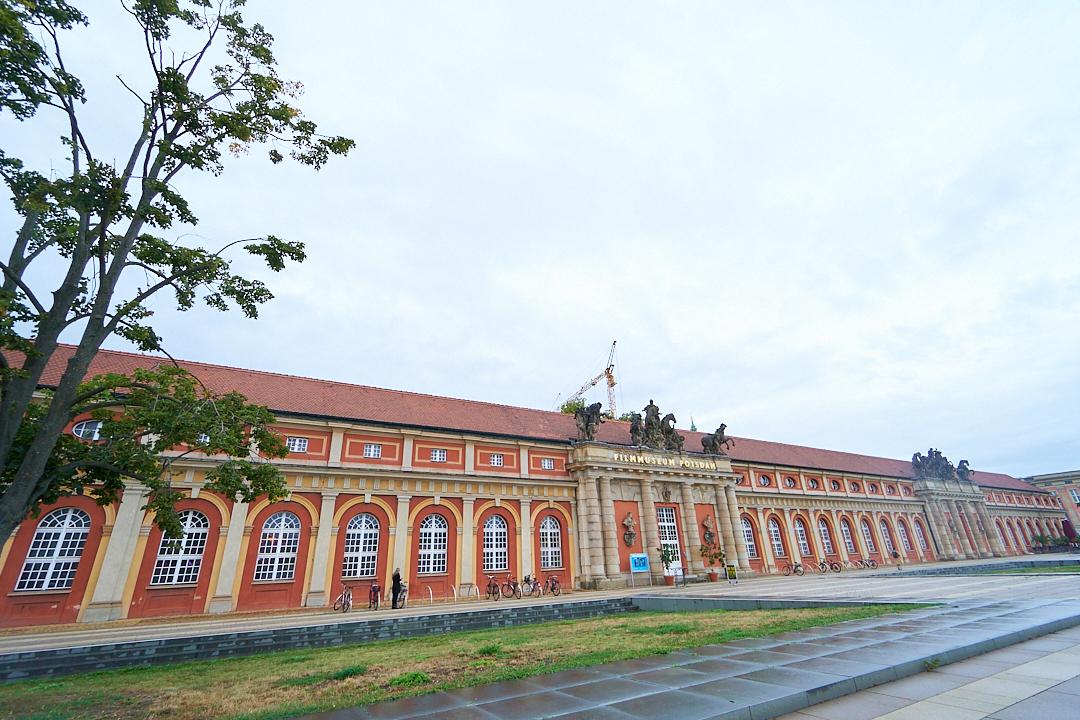
I think it was really interesting for everyone to see a city like that and I’m looking forward to tell people about it and my thoughts 🙂
